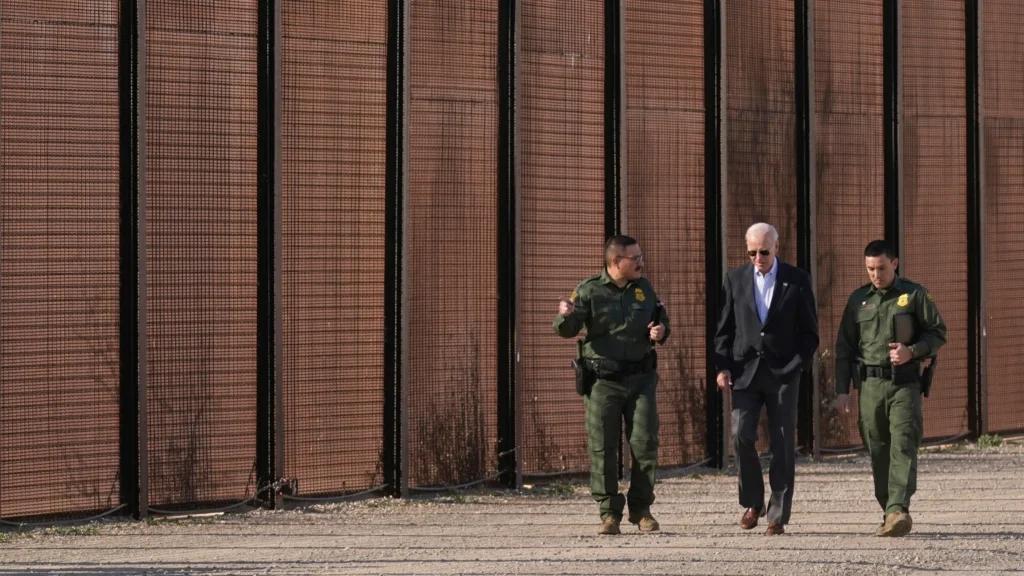This topic explores the politics of environmental issues, including debates over climate change, regulations on pollution, and the role of government in protecting the environment.
Environmental policy and climate change have become increasingly important issues in global politics in recent years. Climate change is a complex and multi-faceted problem that requires a coordinated global effort to mitigate its effects.

The role of governments in protecting the environment, regulating pollution, and promoting sustainable development has become a major point of contention in the political debate over environmental policy.
In this essay, we will explore the politics of environmental issues, including debates over climate change, regulations on pollution, also the role of government in protecting the environment.
Climate change is one of the most pressing environmental issues facing the world today. It is caused by the accumulation of greenhouse gases in the atmosphere, primarily carbon dioxide, which traps heat and warms the planet.
The scientific consensus is clear that climate change is happening and that human activities. Particularly the burning of fossil fuels is the primary cause.
The consequences of climate change are numerous, including rising sea levels. More frequent and severe weather events, also damage ecosystems and biodiversity.
The politics of climate change are complex and involve a range of factors. Including economic interests, geopolitical power dynamics, also scientific uncertainty. One of the main debates in the political discussion over climate change is the appropriate response to the problem.
Some argue that aggressive action is necessary to mitigate the effects of climate change. Including reducing greenhouse gas emissions through policies such as a carbon tax or cap-and-trade system.
Others contend that the costs outweigh the benefits of such policies. Advocating for adaptation to climate change effects as a more pragmatic approach.
Regulations on pollution are another important aspect of environmental policy. The regulation of pollution has a long history in the United States. With the passage of landmark legislation such as the Clean Air Act and the Clean Water Act.
These regulations set standards for emissions and pollutants and provide a framework for enforcement and compliance. The debate over pollution regulations often centers around the balance between economic growth also environmental protection.
Critics of regulations argue that they place an undue burden on businesses and stifle economic growth. While supporters argue that they are necessary to protect public health and the environment.
The government’s role in environmental protection sparks political debate. Some advocate for intervention to ensure responsible behavior by businesses also individuals, safeguarding the environment for future generations.
Some argue for market determination of environmental protection levels, claiming government regulation is inefficient. The debate on government’s role in environmental policy is tied to broader ideological discussions on governmental size and scope.
Sustainable development is another important aspect of environmental policy. Sustainable development seeks to balance economic growth with environmental protection and social equity.
It entails using resources to meet present needs without jeopardizing the ability of future generations to meet their own. Sustainable development requires a long-term perspective also a commitment to balance economic, social, also environmental objectives.
The political debate over sustainable development often centers around the trade-offs between economic growth and environmental protection.
Conclusion
Environmental policy and climate change are complex also multifaceted issues that require a coordinated global effort to mitigate their effects.
The politics of climate change involve a range of factors, including economic interests, geopolitical power dynamics, also scientific uncertainty. The regulation of pollution is an important aspect of environmental policy. The debate often centered around the balance between economic growth and protection.
The appropriate role of government in environmental policy is also a point of contention. With some arguing for government intervention and others arguing for market-based approaches.
Sustainable development aims to balance economic growth, protection, and social equity, necessitating trade-offs between economic growth and preservation.
The political debate on environmental policy intertwines with broader ideological debates on the government’s role and the balance between economic growth and protection. 카지노사이트

